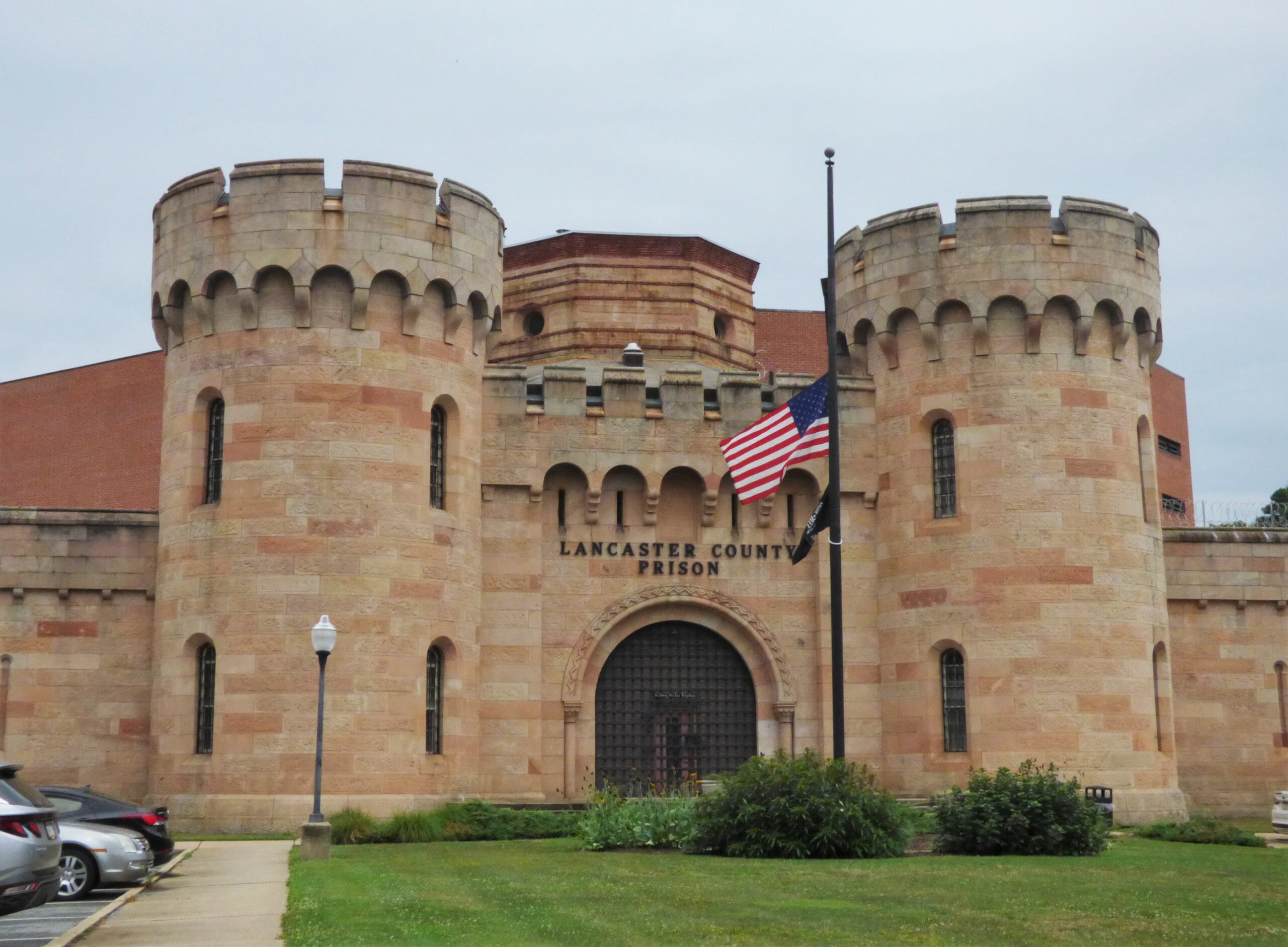An attempt by Commissioner John Trescot to change how Lancaster County Prison handles surplus revenues from telecommunications services provided to inmates was narrowly voted down at Thursday’s Prison Board meeting.
Trescot’s proposal pertained to the prison’s Inmate General Welfare Fund, which comes from fees paid by detained individuals to make phone calls and use tablet computers.
The fund balance stands at $1.4 million, up from $900,000 at the end of last year. That rate of increase suggests that inmates are being charged more than is warranted, Trescot said.
There’s no reason the fund needs to generate surpluses, he said. When the prison’s telecommunications contract comes up for renewal — which is not until 2024 — the county should consider reducing its 30% commission enough to bring revenues roughly in line with projected expenditures, Trescot said.
In the meantime, he said, the county should stop capping the fund at $500,000 and transferring amounts above that to its General Fund.
Initially, he proposed raising the cap to $1 million, and amending prison policy so that amounts above that would not be transferred to the General Fund, but retained and invested.
The other two commissioners on the seven-member Prison Board, Ray D’Agostino and Josh Parsons, said they’re open to raising the $500,000 cap somewhat, but not to abolishing transfers to the General Fund entirely.
That would be unfair to county taxpayers, who shoulder most of the burden of paying for prison operations, Parsons said. D’Agostino agreed, and said he’d like to see several years of past data before making a decision.
Seeing no support for abolishing the transfers, but some for increasing the cap, Trescot changed course: He proposed raising the cap to $1.5 million, but continuing to allow surpluses above that to go to the General Fund.
Even when he lowered the proposed cap to $1 million, however, his motion failed by a 3-4 vote, with Trescot, Controller Lisa Colon and Judge David Ashworth in favor and Parsons, D’Agostino, Sheriff Chris Leppler and Assistant District Attorney Mark Fetterman against.
Parsons noted that the Inmate General Welfare Fund balance has reached $1.4 million in part because no excess funds were transferred at the end of 2021. At that point, the balance was about $916,000, so a transfer of some $416,000 should have been made to meet the $500,000 cap. That should be rectified, all three commissioners agreed: Colon said she would move the money today.
As the name “Inmate General Welfare Fund” implies, its proceeds are to be spent on services and amenities that benefit the prison’s population, such as recreational and entertainment equipment, chapel furnishings, holiday decorations, library materials or inmate programs. About $80,000 a year is spent on the Inmate Trustee Program, which pays inmates a few dollars a day for custodial and other work.
The fund’s revenue derives from the county’s share of the fees that inmates are charged: They pay 17 cents to 25 cents a minute for phone calls and $5 on the first day of the month for the use of tablet computers. Some content on the tablets incur additional charges.
Kent Kroehler, of the advocacy group Have a Heart of Persons in the Criminal Justice System, has advocated for reducing the commission, saying it far exceeds any expense the county incurs in providing phone and tablet services. “You can’t defend that,” he said Thursday.
Kroehler made similar criticisms of the prison’s commissary commission. Earlier this year, the commissioners approved a contract lowering that commission from 45.65% to 37%, in line with the lowest rates among peer counties.






